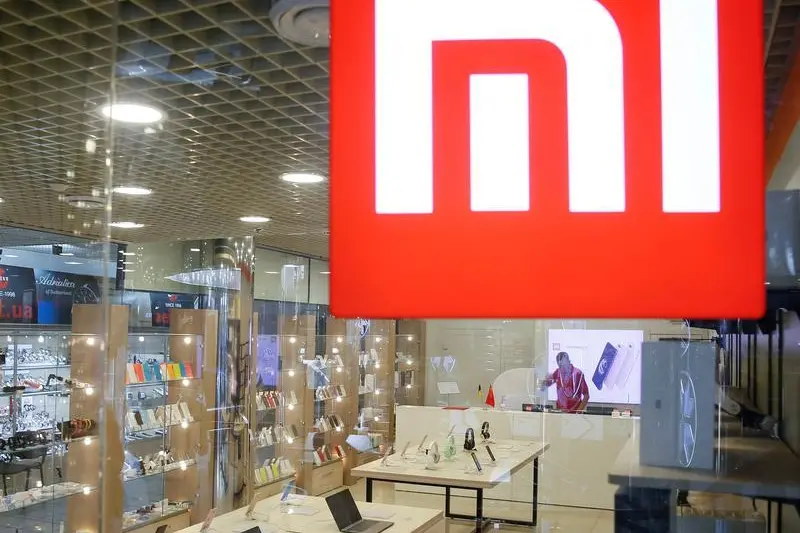PHOTO
(The author is a Reuters Breakingviews columnist. The opinions expressed are her own.)
HONG KONG - Xiaomi is the next Apple of China's eye. The $65 billion smartphone maker has exploited Washington's attacks on Huawei to take overseas market share. Its suite of gadgets look similar to the Cupertino giant's, and Xiaomi has maintained a bland political profile at home and abroad. That’s about to pay off.
The Beijing-based company’s slick suite of integrated hardware and software have long inspired comparisons to its Cupertino peer. Founder Lei Jun, who liked to address conferences dressed in black turtlenecks like Steve Jobs, built up a following of young tech-savvy customers by offering affordable yet relatively powerful smartphones, smart air purifiers and other internet-of-thing things. However, the far larger Huawei has long been a formidable rival. Pressure from the White House has forced it to focus on handset sales inside China, where it has quickly outmuscled Xiaomi and others to take 45% of the market, estimates industry tracker IDC.
That leaves Xiaomi overseas markets Huawei can’t sell to any more. The U.S. has banned the latter from using Google services that support its open-source Android operating system, including the Play app store. That means services like Facebook and Gmail won’t work on Huawei devices. But they will run on Xiaomi phones. In the three months to June, shipments of the company’s premium 300 euro-plus models to international markets doubled from a year earlier. Shares of Xiaomi rallied some 7% on Thursday, following its better-than-expected quarterly results.
What’s more, the U.S. Commerce Department in August added more curbs on Huawei's access to chips made using American technology or equipment. Analysts at Bernstein reckon that could translate to an additional $270 million in operating profit for Xiaomi if Huawei completely halts its smartphone production.
Governments from Downing Street to New Delhi are suspicious of Chinese technology, which is bad for Xiaomi. In India some Xiaomi apps have been banned on security concerns. Yet the company does not build critical network infrastructure like Huawei does, and its popular smartphones there and other products like TVs still work without its software widgets.
Having risen some 78% since the start of the year, Xiaomi's stock now trades on nearly 30 times forward earnings, Refinitiv shows - well above the company's two-year average of 19 times but still a long way from Apple's 33 times. At its current pace, Xiaomi might end up imitating that too.
CONTEXT NEWS
- Chinese smartphone maker Xiaomi on Aug. 26 reported revenue of 53.5 billion yuan ($7.8 billion) in the three months to June, up 3% from the same period from last year. Adjusted net profit fell 7.2% to 3.4 billion yuan.
- Xiaomi shares rose as much as 7.8% to HK$20.65 on Aug. 27.
(The author is a Reuters Breakingviews columnist. The opinions expressed are her own.)
(Editing by Pete Sweeney, Jamie Lo and Sharon Lam) ((robyn.mak@thomsonreuters.com; Reuters Messaging: robyn.mak.thomsonreuters.com@reuters.net))





















